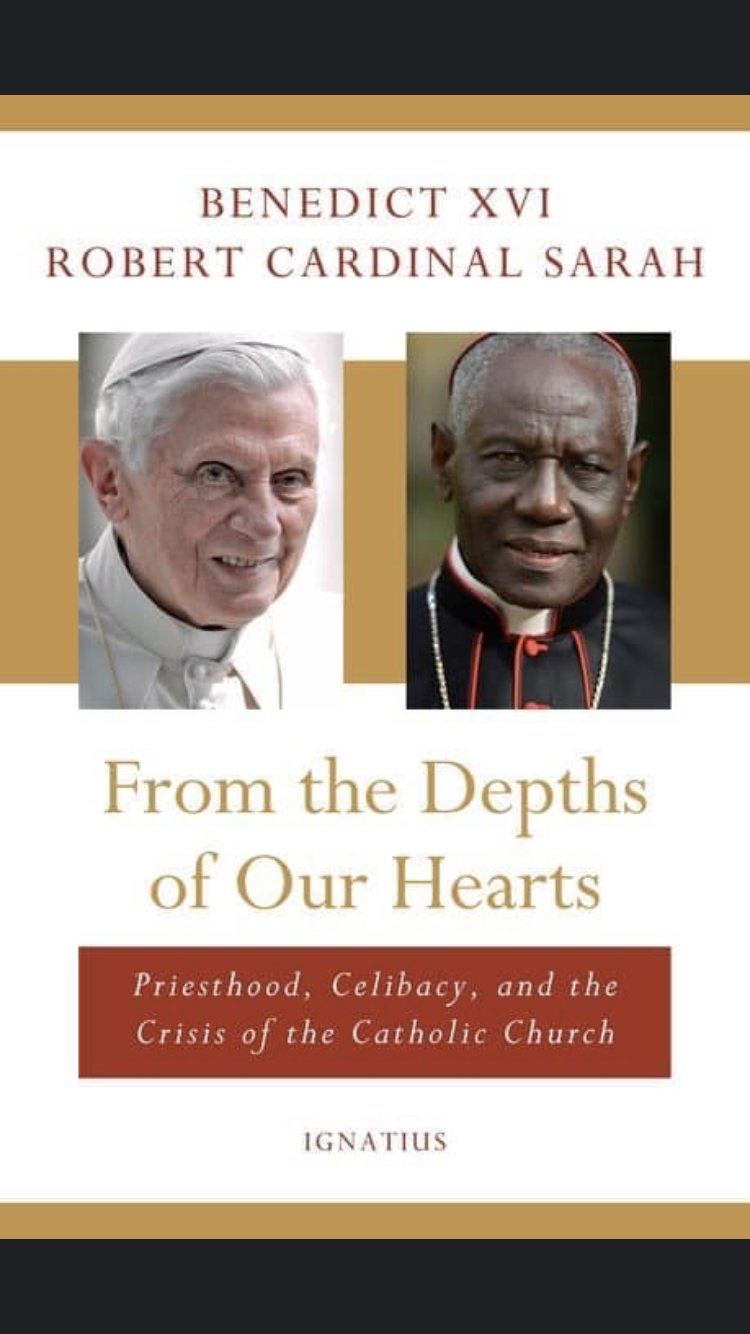“That website is all hat and no cattle. While it is true that in Canon law munus is juridically taken to mean office – that much is true – and is conceptually different than ministerium, however it belongs to the Supreme Legislator to determine the sense of his own acts, and BXVI clearly intended resignation from the munus, because the papal ministry and the papal munus are not separable….”
-Ryan Grant, 31 January, ARSH 2020

The “always” is also a “for-ever” – there can no longer be a return to the private sphere. My decision to RESIGN THE ACTIVE EXERCISE OF THE MINISTRY does not revoke this. I do not return to private life, to a life of travel, meetings, receptions, conferences, and so on. I am not abandoning the cross, but remaining in a new way at the side of the crucified Lord. I no longer bear the POWER OF OFFICE FOR THE **GOVERNANCE** OF THE CHURCH, but in the service of prayer I remain, so to speak, in the enclosure of Saint Peter. Saint Benedict, whose name I bear as Pope, will be a great example for me in this. He showed us the way for a life which, whether active or passive, is completely given over to the work of God.
-Pope Benedict XVI, 27 February, ARSH 2013, “Final” Audience
Definition of “Substantial Error”:
Ignorance or misjudgment about the essential nature, main terms, or principal motive of the object of an act.
Canon 188
A resignation made out of grave fear that is inflicted unjustly or out of malice, substantial error, or simony is invalid by the law itself.
Canon 332.2
If it happens that the Roman Pontiff resigns his office, it is required for validity that the resignation is made freely and properly manifested but not that it is accepted by anyone.
Non solum propter
“Quapropter bene conscius ponderis huius actus plena libertate declaro me ministerio Episcopi Romae, Successoris Sancti Petri, mihi per manus Cardinalium die 19 aprilis MMV commisso renuntiare ita ut a die 28 februarii MMXIII, hora 20, sedes Romae, sedes Sancti Petri vacet et Conclave ad eligendum novum Summum Pontificem ab his quibus competit convocandum esse.”


